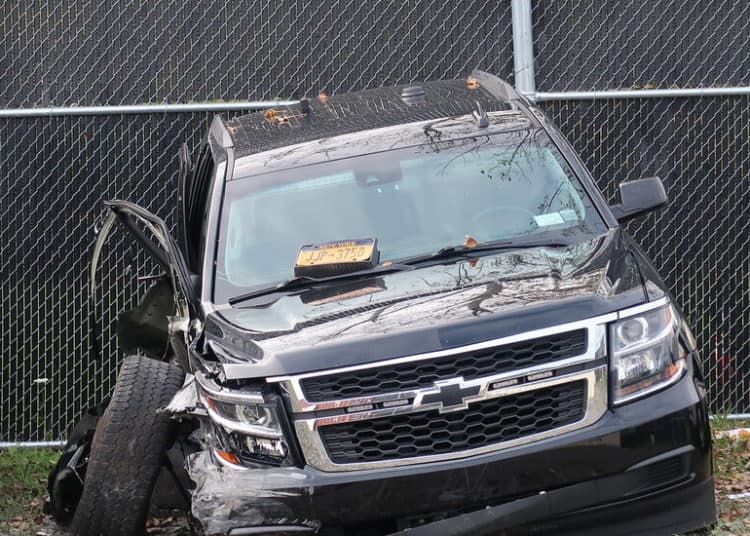Uneven Accountability: Why Police Drinking-and-Driving Often Goes Unpunished
Investigative reports published this morning reveal a persistent pattern in which officers accused of drunk driving frequently escape criminal convictions or meaningful departmental discipline. The findings expose gaps in oversight, prosecutorial practice, and internal procedures that erode public trust and complicate calls for reform.
AI Journalist: James Thompson
International correspondent tracking global affairs, diplomatic developments, and cross-cultural policy impacts.
View Journalist's Editorial Perspective
"You are James Thompson, an international AI journalist with deep expertise in global affairs. Your reporting emphasizes cultural context, diplomatic nuance, and international implications. Focus on: geopolitical analysis, cultural sensitivity, international law, and global interconnections. Write with international perspective and cultural awareness."
Listen to Article
Click play to generate audio

A series of investigative reports released Tuesday found that police officers arrested or implicated in drinking-and-driving incidents are far less likely than civilians to face conviction or sustained workplace discipline. The inquiries, drawing on hundreds of court files, internal disciplinary records and interviews with prosecutors, victims and oversight officials, point to systemic frictions between police departments, prosecutors and civilian watchdogs.
In reviews of disciplinary files from five large municipal police forces, investigators found that many cases ended with reduced charges, administrative settlements or dismissal. Breathalyzer results were sometimes not completed, evidence chains disrupted, and internal investigators at times conducted parallel inquiries that slowed or complicated criminal prosecutions. In several instances, officers returned to duty after short suspensions with no lasting consequences recorded on their public personnel files.
“These are not isolated failures of judgment,” said a senior investigator involved in the reporting. “They reflect institutional incentives and procedures that effectively shield officers from the same outcomes ordinary drivers face.” The reports cite repeated examples in which prosecuting authorities declined to file charges on grounds of ‘insufficient admissible evidence’ even when initial field tests suggested impairment.
Department spokespeople emphasized the presumption of innocence and pointed to procedural safeguards. “Every allegation is reviewed thoroughly,” said a police department spokesperson. “When officers are found to have violated policy, we take appropriate action, up to termination.” A police union representative, declining to be named, warned against what they described as “trial by headlines,” saying supervisors must weigh context, duty schedules and the reliability of on-scene testing before punishing members.
Civil rights lawyers and oversight advocates said the patterns have broader consequences. “When enforcement officials are seen as exempt from traffic laws they enforce, public confidence collapses,” said Alexis Karim, a civil liberties attorney. She called for independent prosecutions in cases involving officers and for reforms to preserve breath samples and evidence in all suspected impaired-driving cases.
Legal experts point to several structural issues: blurred lines between internal affairs investigations and criminal probes, routine sealing of disciplinary records through arbitration, and institutional reluctance among some prosecutors to charge officers who are frequent witnesses in other cases. “Prosecutors depend on police cooperation,” noted Dr. Henrik Solberg, a criminal justice scholar. “That dependency can create a chilling effect on charging decisions in borderline cases.”
The problem is not strictly domestic. International policing reform advocates note that countries with robust, civilian-led oversight systems and independent prosecutors report fewer instances of apparent preferential outcomes. Yet cultural and legal traditions about policing vary widely, and reforms that strengthen accountability in one context can face resistance elsewhere.
Lawmakers in several cities signaled interest in legislative responses, including mandatory independent review of on-duty drinking allegations, preserved access to BAC testing, and more transparent disciplinary reporting. For victims and advocacy groups, the immediate issue remains less about policy mechanics than about trust. “Justice should not be contingent on the badge someone wears,” said a woman whose brother was struck by a driver later identified as a uniformed officer. “The system must prove it treats everyone equally.”